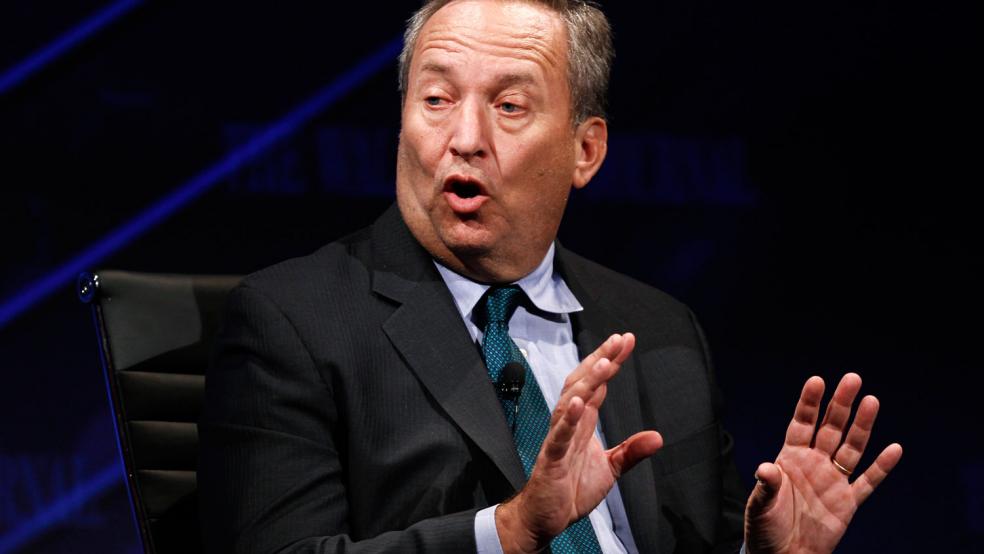The U.S. is at risk of becoming a "Downton Abbey" economy, as the gap between the top 1 percent and the poor widens, former U.S. treasury secretary Larry Summers has warned.
In a comment piece for the Financial Times, Summers highlighted that the share of income going to the top earners in the U.S. has increased sharply, while real wages and family incomes remain stagnant. These conditions will last beyond the normalization of the economic cycle and budget deficits, Summers added.
Related: Focus on Inequality May Be Helping Obama
"The cumulative effect of all these developments is that the U.S. may well be on the way to becoming a Downton Abbey economy. President Barack Obama is right to be concerned. Those who condemn him for 'tearing down the wealthy' and engaging in un-American populism are, to put it politely, lacking in historical perspective," Summers wrote.
Summers, who was at one time in the frame to take over Ben Bernanke as chairman of the U.S. Federal Reserve, added that President John Kennedy sent the FBI to audit executives' personal tax returns following a spike in steel prices, while President Richard Nixon insisted on tax investigations "of the books of companies which raised their prices more than 1.5 per cent above the January ceiling" he said.
Recent analysis by Oxfam, released ahead of last month's World Economic Forum held in Davos, found that 85 of the richest people in the world have accumulated as much wealth between them as half of the world's population. The charity said the tiny elite of multibillionaires, who could fit into a double-decker bus, have piled up fortunes equivalent to the wealth of the world's poorest 3.5 billion people, boasting a collective worth of $1.7 trillion.
Oxfam also calculated that almost half the world's wealth, $110 trillion, is owned by just 1 per cent of its population. The group said 70 percent of people live in countries where the gap between the rich and poor has widened in the last 30 years. Policies that prefer the rich, such as the capital gains exemption, the ability to defer tax on unrealized capital gains, and the tax-free nature of gains on assets that passed on at death reinforce inequality, however identifying policies that reduce inequality "is not enough" said Summers.




